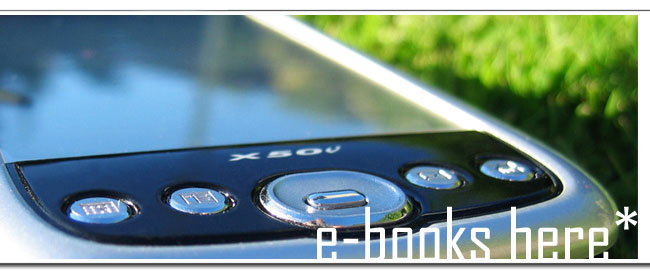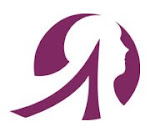
Apple Mac Tablet killed twice by Steve Jobs
Apple Mac Tablet: watch out there's a Jobs about Steve Jobs' legendary eye for detail has led to two Apple Mac Tablet designs being scrapped. According to the Wall Street Journal, Jobs just wasn't happy with the finalised versions and shelved them.
The first Apple Mac Tablet was binned because of poor battery life while the second attempt was killed due to a lack of memory.
Since his return from medical leave, Jobs has apparently been hyper-hands-on with the tablet project. The move is reported to have not gone down too well with employees who've grown used to more freedom in his absence.
Excitingly Jobs has replied to the Wall Street Journal's speculation. Less thrillingly, his response numbers a curt 6 words: "Much of your information is incorrect." Hang on though, just "much" of it. That's daring close to confirming the existence of the Apple Mac Tablet. But maybe that's just wishful thinking.
Check out our list of things we want the Apple Mac Tablet to include and let us know what features you want to see in the comments.
Apple Mac Tablet: watch out there's a Jobs about Steve Jobs' legendary eye for detail has led to two Apple Mac Tablet designs being scrapped. According to the Wall Street Journal, Jobs just wasn't happy with the finalised versions and shelved them.
The first Apple Mac Tablet was binned because of poor battery life while the second attempt was killed due to a lack of memory.
Since his return from medical leave, Jobs has apparently been hyper-hands-on with the tablet project. The move is reported to have not gone down too well with employees who've grown used to more freedom in his absence.
Excitingly Jobs has replied to the Wall Street Journal's speculation. Less thrillingly, his response numbers a curt 6 words: "Much of your information is incorrect." Hang on though, just "much" of it. That's daring close to confirming the existence of the Apple Mac Tablet. But maybe that's just wishful thinking.
Check out our list of things we want the Apple Mac Tablet to include and let us know what features you want to see in the comments.
Download ebooks on http://www.frenchtheory.com/ - See that post with different algorithms in metabole - See the journal French Metablog with today different posts -PHONEREADER Library - - Jean-Philippe Pastor
















